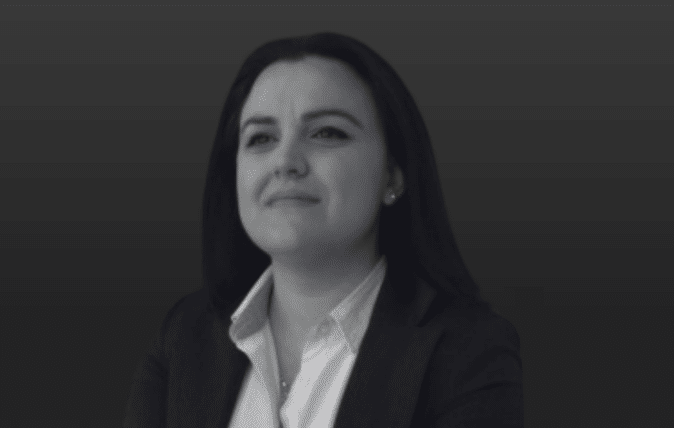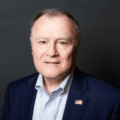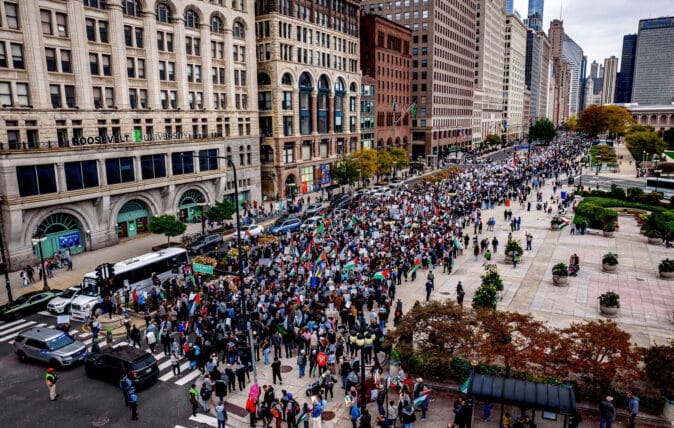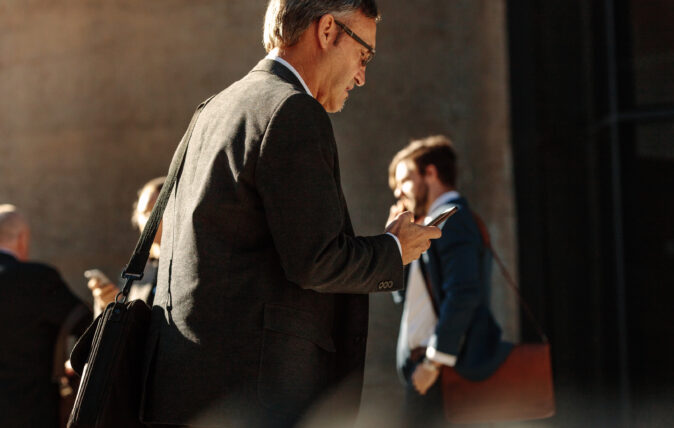Collections from a Lifetime in Protection
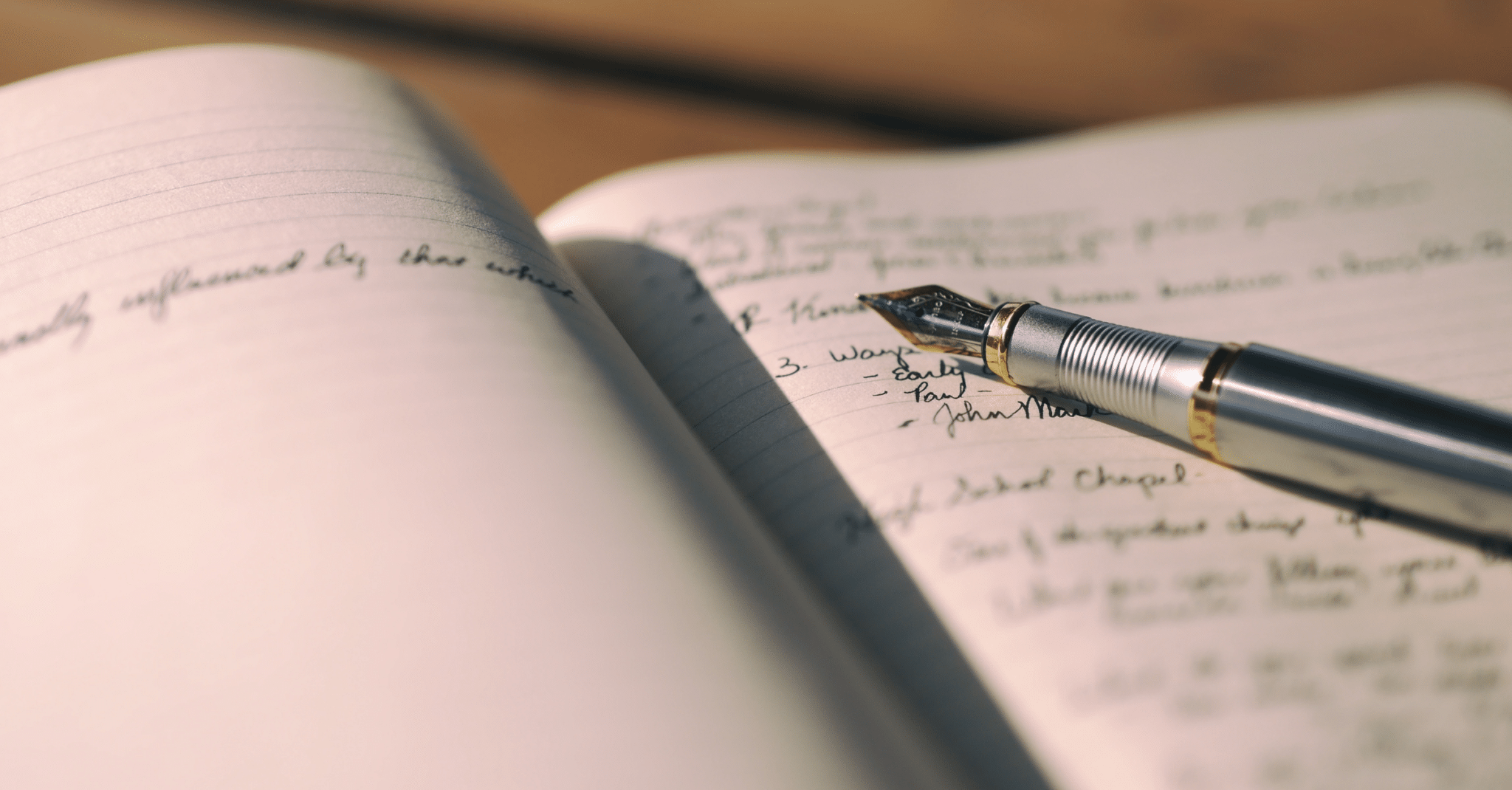
Anyone who has read my memoir Ghost: Confessions of a Counterterrorism Agent (Random House, 2008) knows I grew up in the Washington, D.C. area in the 1960s and 1970s. It was a different era when blue-collar families like mine could afford to co-mingle with the Washington power brokers and elite. Geography is always important, and my life was forged by two places in Bethesda, Maryland. First, the gas station my Dad owned was filled with celebrity and VIP customers. And the second was the Bethesda-Chevy Chase Rescue Squad, the emergency service I joined as a volunteer in 1975. I learned the value of community and service in those two places.
Big donors to both parties were in and out of the gas station, and my dad seemed to know them all. During the Arab Gas Embargo, my dad had a special VIP line, which included politicians, Masonic Lodge cronies, cops, doctors, nurses, members of the military, firefighters, and federal agents. My teenage buddies and I had a job – paid in cash under the table – to BOLO for those VIPs in their Ramblers, Plymouths, and Cadillacs and move them into the “special gas line.” In many ways, this is where I first learned to conduct surveillance.
Over the years, I saw a unique line of customers come and go: Senator Frank Church of the infamous Church Committee, the Marriott family patriarch, Sargent Shriver, the driving force behind the Peace Corps, and Vice-President Spiro Agnew (who had our home telephone number). But it wasn’t just politicians and business people. Notable celebrities like WWII Medal of Honor recipient turned movie star Audie Murphy, and Sergeant Barry Sadler of the “Ballad of The Green Berets” (“fighting soldiers from the sky, fearless men, who jump and die”) visited often. Another regular customer was a survivor of the WWII Bataan Death March. We had standing orders to never take his money.
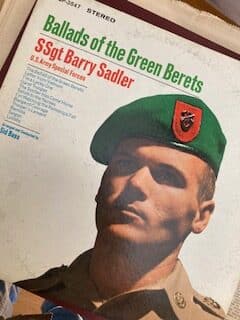
My Dad was a “Kennedy Democrat,” a big supporter of Robert F. Kennedy, and collected assorted political memorabilia. His collection included newspapers from the days after the assassinations of JFK and RFK, presidential pens, cigarettes, matchbooks from Air Force One, inauguration ribbons, and invitations and autographs from various White House and Kennedy Hickory Hill events. We visited the White House one Sunday for a reception hosted by President Richard Nixon. In the President’s reception line, I shook hands with legendary heavyweight boxer Joe Louis. My dad even made it into a picture in The Washington Post at a fundraiser for Senator Ted Kennedy – which was not bad for an ex-coal miner who grew up in a coal camp without indoor plumbing.
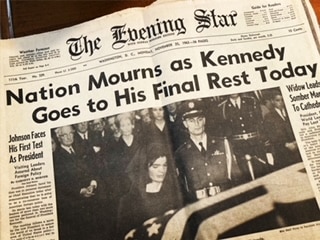
What has happened to all the pieces my father and I have collected over the years? In recent years, I’ve donated the bulk of my collected papers, badges, pins, cufflinks, and assorted artifacts to the Ronald Reagan and Lyndon Baines Johnson Presidential Libraries, the CIA Museum, the Diplomatic Security Service Museum, and the Robert F. Kennedy Human Rights Organization.
Presidential libraries are the keepers of history, and their librarians are the truth tellers. They care about history, especially the details that happened during difficult times, and are uniquely dedicated to preserving the stories of their organizations and mission. The archivists at every presidential library I’ve ever reached out to, usually to chase down an obscure fact for my books, have been gracious and helpful. If you are a student of history like me, I would encourage you to find and enjoy more of these collections to understand the life and times surrounding these pieces. Understanding history is critical to understanding the present.

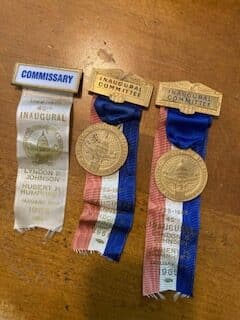

My career as a counterterrorism agent and subsequent life as an author has opened many doors that I could never have expected growing up pumping gas and running rescue calls, from films to special speaking engagements at places like the George H.W. Bush Presidential Library, the campus of Texas A&M University, and the Clinton School of Public Service, in Little Rock, Arkansas. In between, my books have been featured inside thrillers written by Brad Thor, Jack Carr, and Don Bentley, to name a few. In one upcoming scene, I’m even helping Jack Ryan, Jr.. Surreal, for sure, since it was Tom Clancy who frequently kept me awake on many Pan Am and TWA flights around the globe to various terrorism investigations.
But for me, it all began in two places in Bethesda: the gas station and rescue squad. I hope future researchers and students of history find some of the artifacts of that journey to be of value today and in the future. At a minimum, those pieces will be in good hands forever. My dad would have expected no less.
Take a look at more thinking from The Ontic Center for Connected Intelligence.


